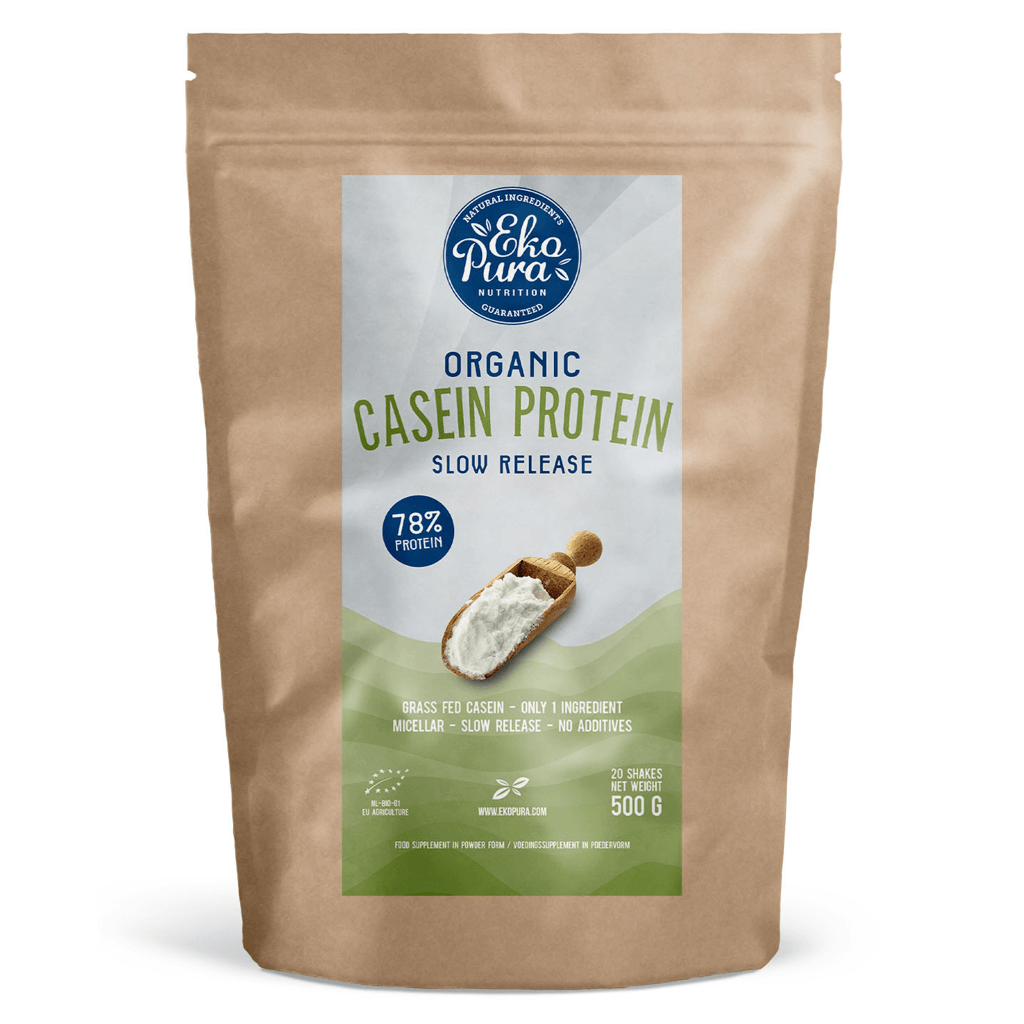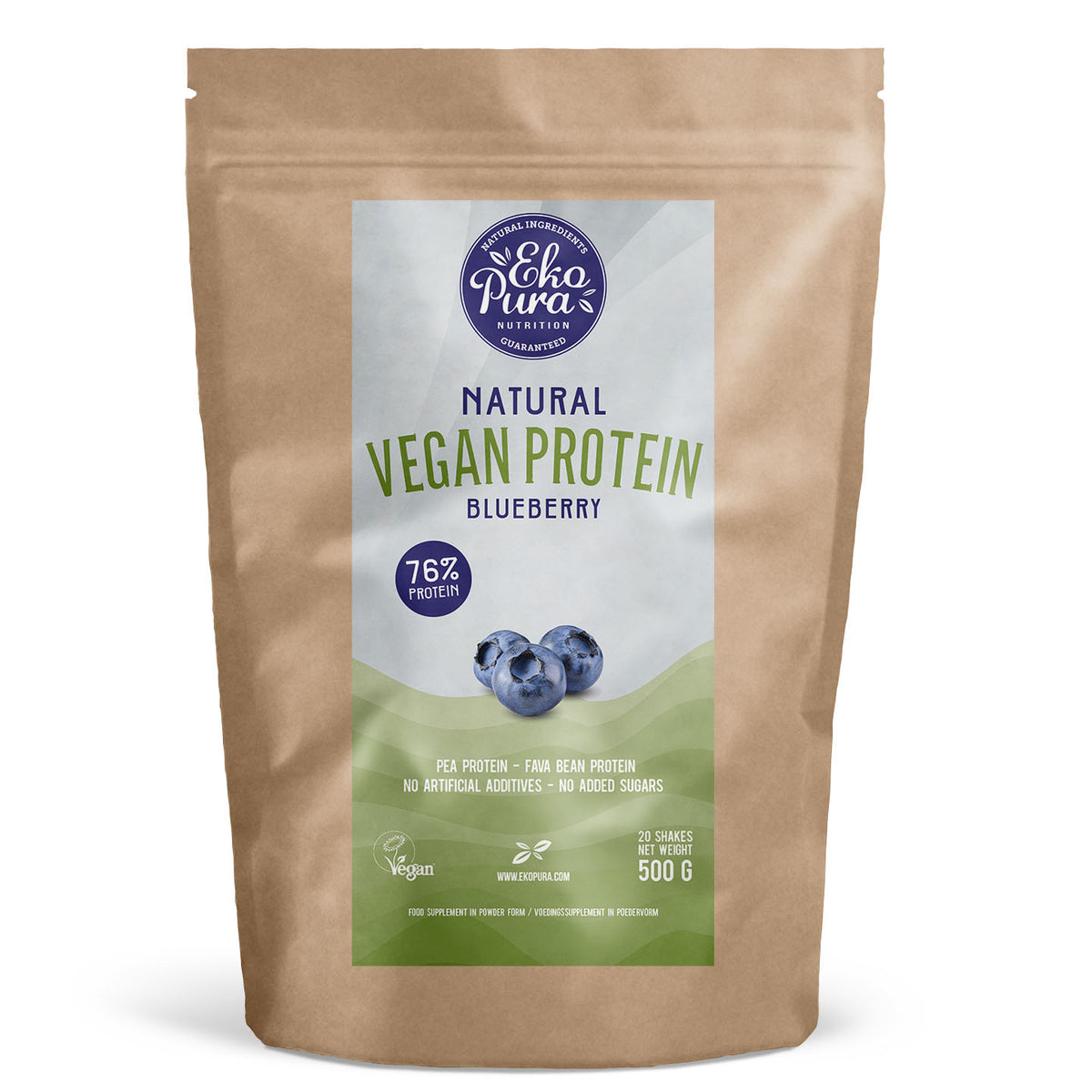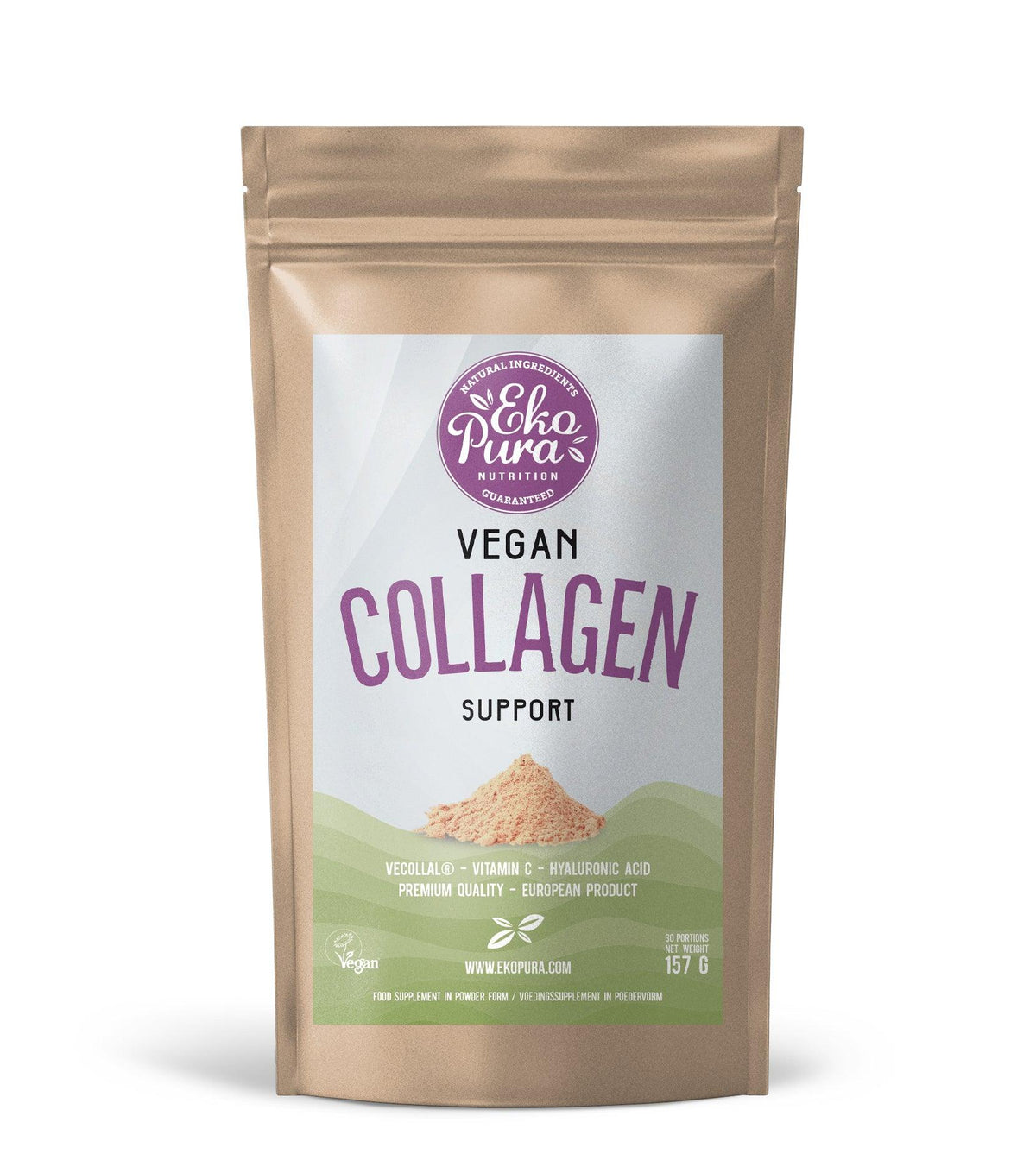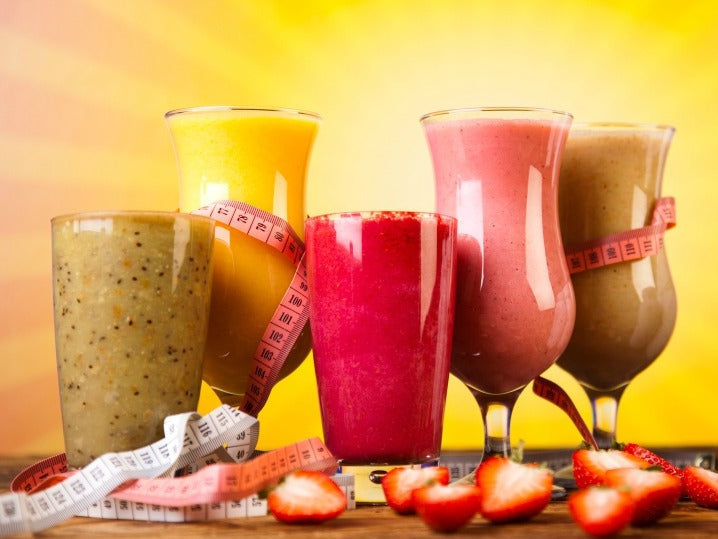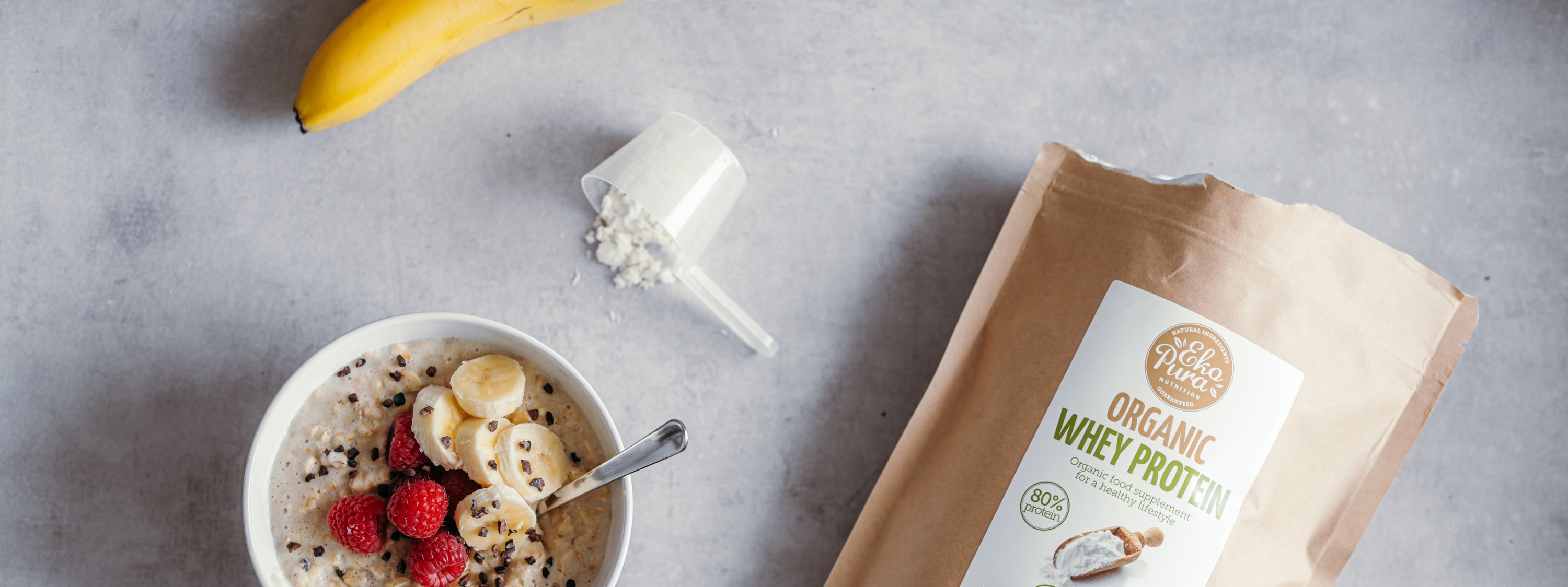Protein is our body's building blocks. Protein is a nutrient, just like carbohydrates and fat. Protein provides calories and amino acids. Amino acids in protein strengthen and repair body cells. Therefore, it is important to get enough protein, especially if you are an active athlete. A lack of protein in the diet can lead to lagging growth, poor recovery, decreased resistance and breakdown of muscle mass. But is too much protein unhealthy?
We take a closer look at this in this article. As it is actually with everything, "too much" of anything is never healthy. Water is essential, but too much of it can be deadly. Too much spinach is unhealthy, and so is too much oily fish, no matter how healthy they can be in the right portions. Want to know the optimal amount of protein per day for you? Then also read our article: How much protein do you need per day?
Kidneys
Regularly you hear that too much protein would be bad for our kidneys or liver. The idea behind this is that more protein causes increased pressure on these organs, which can lead to damage. Protein is broken down by the kidneys into urea. The substance "urea," is one of the waste products produced by the kidneys in the protein filtering process and is used by researchers to evaluate kidney function.
Nutritionists still believe that a constant daily protein intake above 2 grams per kilogram of body weight can overload the kidneys, but this has never been scientifically proven. When you drink enough in a day, you prevent a (too) high concentration of protein in your kidneys and urine. However, for people who have kidney disease, high protein consumption can be harmful.
Breathe
When you eat fewer carbohydrates or follow a full protein diet, your body and metabolism enters a certain state called Ketosis. Ketosis is the phase where the body switches from using carbohydrates as fuel to fats. When you go into ketosis, fat burning goes faster. This is obviously good news if you want to get rid of your belly. Be careful, however, because it can have a not-so-good effect on your breath.
Weight gain
Don't expect to lose weight when you take extra protein and leave the rest of your diet the same. If you eat more protein without reducing calories through other foods, you may not lose weight. Protein provides energy: per gram 4 kilocalories. To lose weight, you need a negative energy balance so further diet modification is needed. A 2012 study showed that people who followed a high-protein diet that is also high in fats gained the same amount of fat when they overindulged as people who followed a low-protein, high-fat diet. The people who ate more protein did develop more muscle mass, according to TIME.
Gut
Protein-rich foods are good for building muscle, but otherwise contain little fiber. Therefore, when you eat fewer complex carbohydrates, and especially a lot of protein, it is difficult to get your recommended daily 25 to 35gr of fiber. This can upset your intestines. Make sure you eat a varied diet with lots of fruits and vegetables to maintain the balance and prevent intestinal problems.
Calcium
It is also claimed that too much protein is harmful to our bones. This is because it would cause more calcium to be secreted by the body. It is true that more calcium is excreted, but an increased protein intake also causes our body to absorb more calcium through the intestines. So more goes out, but more also comes in.
Look for more interesting articles on our blog.

















